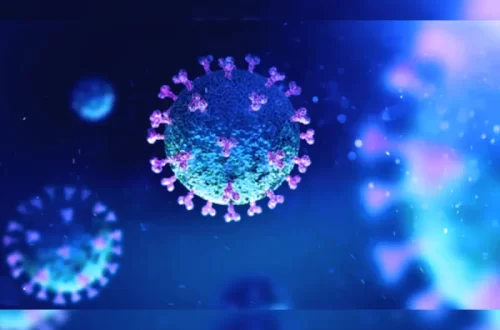According to the opinion opinion writer published in journal trends in plant science, agricultural insects for food and animal feed will take off in the near future. According to experts, the EU has permitted the introduction of insects to feed pigs and poultry, which will help the practice of new insect agriculture emerging.
Insects are a remarkable source of protein that is easily accessible, and unlike mammals, the entire body of insects can be eaten. Furthermore, insect agriculture produces a supply of consistent waste products that can be used to enrich land and increase plant growth Researchers, including Marcel Dicke from the University of Wageningen, explore various potential benefits to utilize waste from insect production in circular agricultural techniques to improve sustainable agriculture in publications. According to the author, this strategy can increase plant growth, health, pollination, and resistance.
Exuviae (exoskeletons or molted skin) and frass (insect feces combined with foods that are not eaten) are two main types of waste. The two compounds were nutritious Richand may be mixed with important organic fertilizers, especially because the use of inorganic fertilizers became increasingly limited. Frass high nitrogen, which is needed for plant development but usually in inventory is not enough on the ground. Exuviae also includes Chitin, which is a polymer amino-sugar “There are setof bacteria that can reduce chitin, and microorganisms help plants become more resistant to disease and pests,” explained Dicke. “Profitable bacterial populations grow when Exuviae is introduced to the ground.”Scientists propose that, by incorporating insect waste waste into the soil, microbial populations can be improved. The microbes are extremely advantageous for the development of current plants and agricultural procedures often include inoculator soils with certain types of soil bacteria that promote crop growth, disease resistance and herbival and tolerance. Abiotic state. The increase in soil microbes is considered a more attractive alternative to use agrochemicals The inoculation of soil with microorganisms, on the other hand, is not always an effective procedure. Instead, the authors of the paper argue that feeding the ground with organic waste from a culture of insects will promote the growth of the significant microorganisms in any event. They propose that crop waste, such as leaves and cut rods, can be given to the insect “cattle”. Insects would provide food in humans or livestock, such as chickens or pigs, and their excrement could be introduced into the soil as organic magroitor to strengthen crop development. This type of circular breeding does not produce almost waste.
Insects are incredibly effective for the farm, especially in relation to more traditional livestock. It takes about 25 kilograms of grass to create a kilogram of beef. The same amount of grass can generate 10 times more edible insect proteins. Indeed, insects are more efficient in the transformation of their food into body weight and because up to 90% of the body mass of an insect is edible, compared to only 40% other livestock.




Average Rating